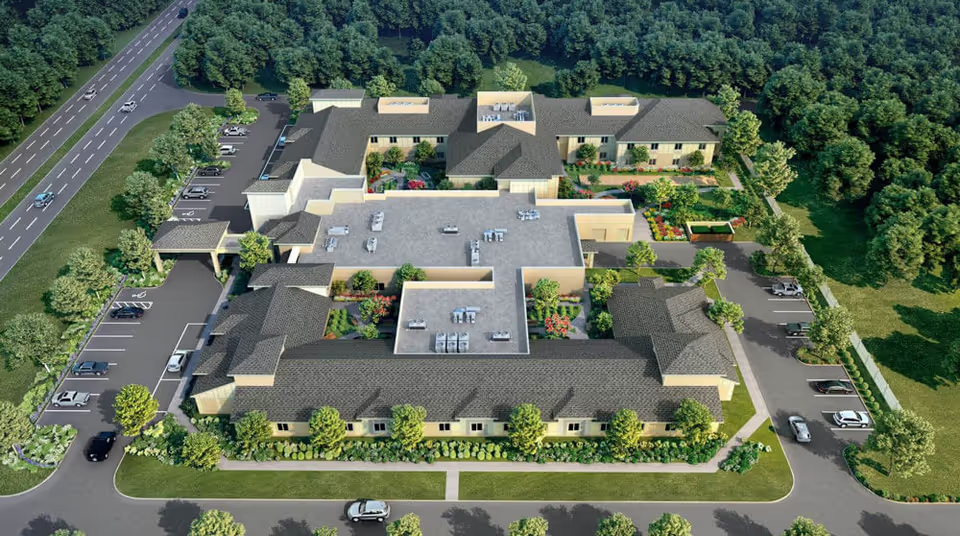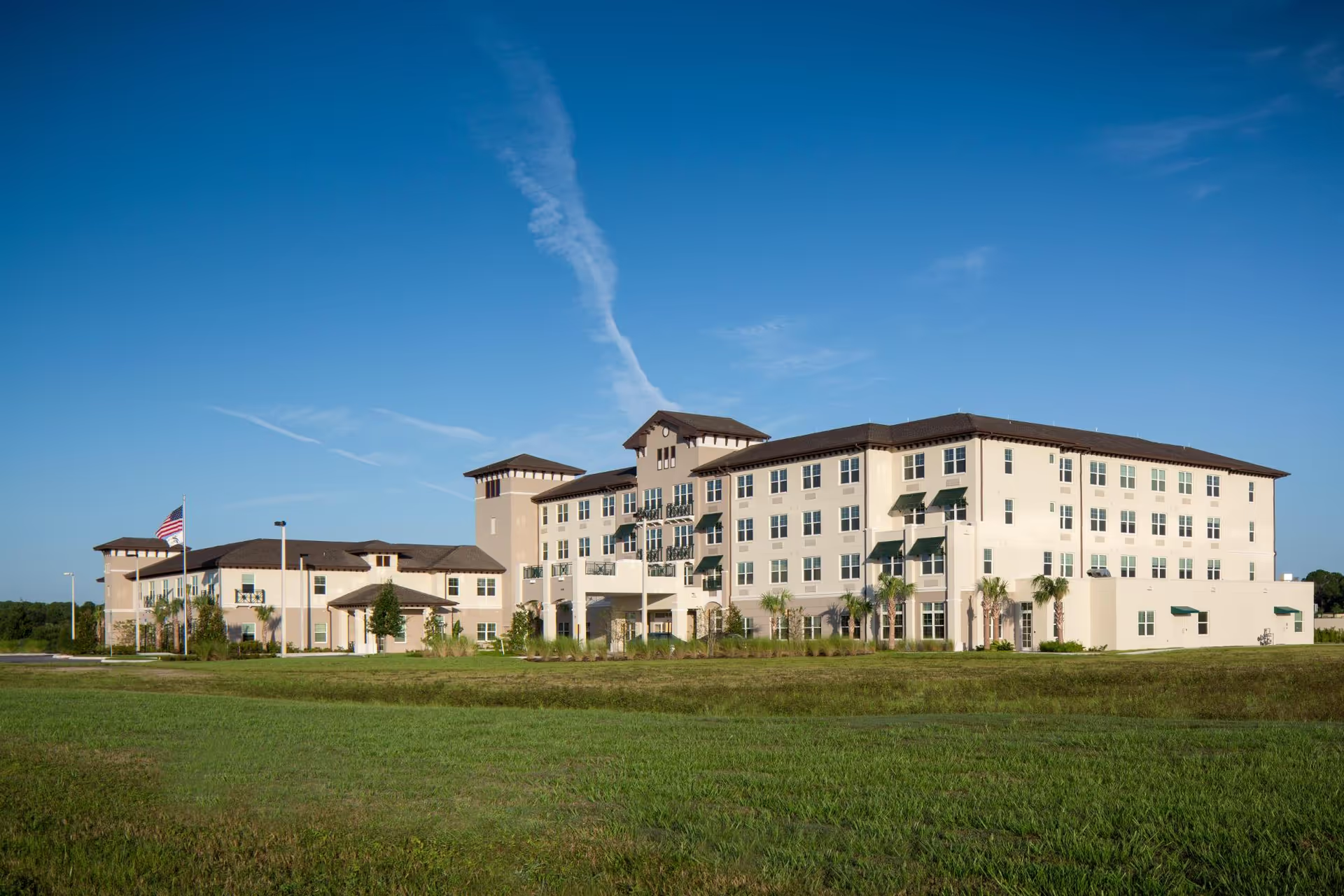The reviews for PruittHealth - West Atlanta present a highly polarized and inconsistent picture, with some families and residents describing compassionate, effective care and successful rehabilitation, while others report severe neglect, unsafe conditions, and potentially life-threatening medical failures. The most alarming themes are multiple allegations of extreme neglect: reports that residents were left without food or water, not changed for extended periods, developed bedsores or infections, required transfer to ICU, or were unresponsive in their beds for days. Several reviewers describe situations they consider medical injuries caused by neglect, leading to hospitalization and trauma for both residents and family members. These reports indicate systemic failures in basic care delivery in at least some shifts or units.
Staff performance is frequently cited as a major factor explaining the wide variation in experiences. Many reviews name individual caregivers and nurses who provided extraordinary, compassionate care — CNAs, therapists, and specific nurses (Wilma, Edith, Meera Mehta, admissions staff like Revonica Lundy, and an administrator Jasmine Smith receive praise). These positive accounts highlight successful rehab, attentive updates to families, social activities, and a team atmosphere in parts of the facility. Conversely, a large number of reviews recount rude, argumentative, or dismissive staff behavior, hung-up phone calls from social workers, blocked communications, ignored call buttons, and caregivers who appeared overworked. Understaffing and long nurse-call response times are recurring complaints and are frequently linked to neglectful outcomes.
Facility condition and cleanliness are another major divide. Multiple reviewers report strong urine odors, filthy rooms, roach sightings, water damage, roof leaks, and toilets that do not flush. Some describe laundry being lost or returned stained/bleached, personal belongings missing, and rooms that feel dark and depressing. In contrast, other reviewers specifically praise cleanliness, a neat courtyard/garden, and well-kept common areas. These contrasting reports suggest inconsistency in housekeeping standards across floors or time periods, or variability between reviewers’ locations within the building.
Medical and clinical issues appear repeatedly: catheter-related UTIs, pneumonia hospitalizations, adverse medication reactions, and post-dialysis complications are noted. Several reviewers indicate an absence or inadequacy of restorative, hydration, or scheduled skilled therapy for residents who need it. While some families attribute recovery and regained mobility to the facility’s rehab teams, others say there was no scheduled therapy or restorative plan in place. Such divergent accounts suggest that certain patients received targeted, effective clinical programs while others did not, or that staffing/organization problems led to missed or inconsistent therapy.
Safety and security concerns arise in multiple reviews: allegations of theft (including car theft), windows broken, occurrences of residents being threatened at gunpoint, and violent or kleptomaniac roommates. These reports, combined with comments about staff not responding or prioritizing payment over care, create perceptions of an unsafe environment for some residents. Additionally, a few reviewers raised concerns about discriminatory practices toward low-income or racial groups and even one report of alleged financial exploitation by an advisor associated with a resident — serious accusations that families should investigate through formal channels.
Management and communication receive mixed ratings. Several reviewers praise administrators and specific staff for improvements and responsiveness, and some highlight exceptional front-desk service and helpful admissions staff. Other reviewers accuse management of indifference, lack of concern, and failure to address critical incidents. The variability implies uneven leadership visibility or inconsistency in problem resolution; some families credit administrators with positive changes while others urge authorities to shut the facility down.
Dining, activities, and resident life are described variably as well. Positive mentions include games, karaoke, friendly greetings, and social engagement that contribute to a pleasant resident experience. Negative comments focus on cold food, insufficient dining service, lack of beautician/barber services, and insufficient activities in certain reports. The facility’s older building and dated appearance are frequent comments; while some reviewers find it clean and family-like despite age, others think the environment is outdated and in need of significant renovation.
Overall sentiment is highly mixed but weighted by numerous severe negative reports that raise concerns about patient safety, basic hygiene, and staff responsiveness. The pattern suggests that experiences at PruittHealth - West Atlanta can range from excellent, individualized care with successful rehabilitation and compassionate staff, to dangerous neglect and unsafe conditions resulting from understaffing, poor communication, and inconsistent management practices. Families considering this facility should pursue detailed, up-to-date information: ask for staffing ratios, recent inspection/deficiency reports, infection-control records, therapy schedules, and written policies on incident reporting, patient rights, and grievance resolution. Prospective residents or families should also request to meet assigned caregivers, tour the specific unit where the resident would live, and check references from other families with recent placements. For current residents, any serious care concerns (dehydration, missed medications, injuries, abuse, or neglect) warrant immediate escalation to facility leadership, the state long-term care ombudsman, and state licensing/health survey agencies.







